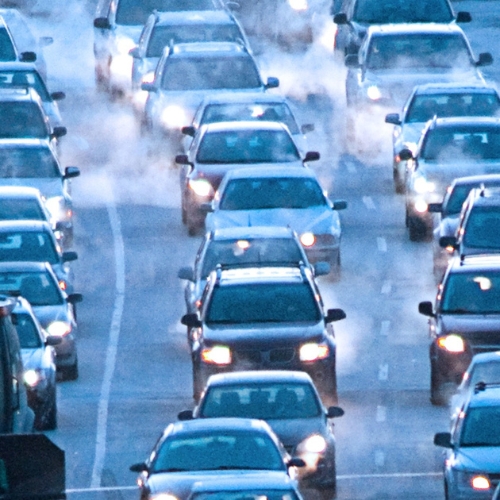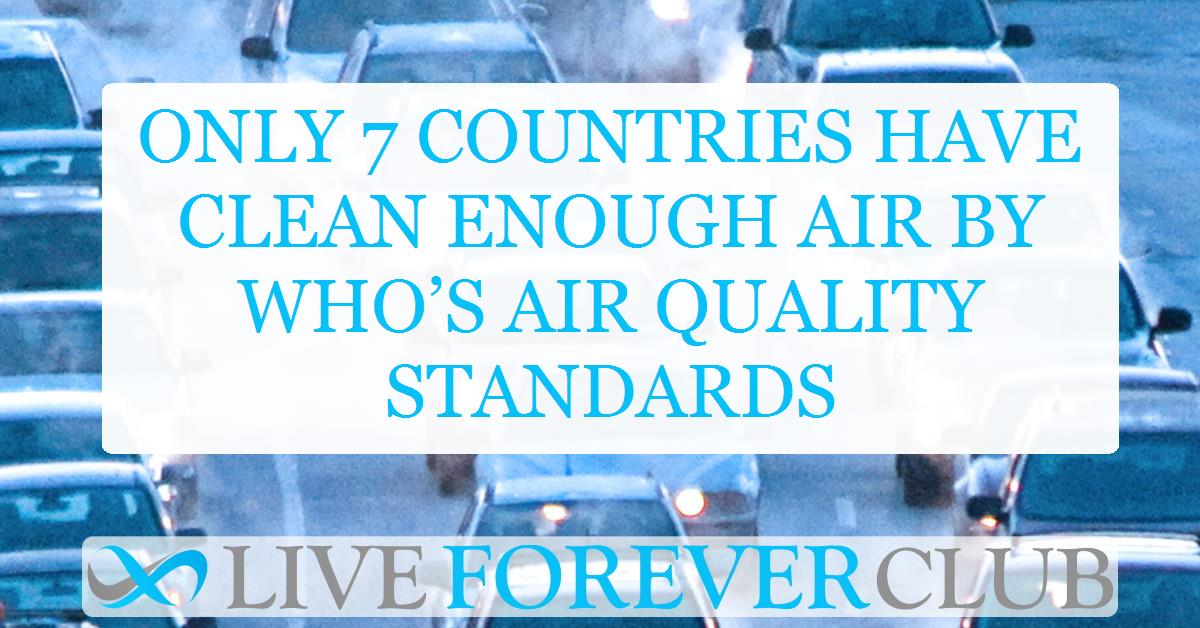Key points from article :
A recent report by IQAir highlights that only seven countries meet the World Health Organization's (WHO) air quality standards for PM2.5 particles. These tiny airborne particles, emitted by vehicles, industrial activities, and wildfires, pose significant health risks.
The report surveyed 134 countries and regions, identifying Australia, Estonia, Finland, Grenada, Iceland, Mauritius, and New Zealand as the only ones meeting the WHO guideline, which limits PM2.5 levels to five micrograms per cubic meter.
PM2.5 particles, less than the width of a human hair, can cause severe health problems when inhaled, including respiratory and cardiovascular diseases. The majority of countries, including developed ones, fall short of the recommended levels. For instance, Canada, typically known for its clean air, recorded a sharp rise in PM2.5 levels due to record-breaking wildfires, making its air quality worse than the US in 2023. Similarly, China saw a 6.5% increase in pollution levels due to a resurgence in economic activities post-pandemic.
Pakistan was identified as the most polluted country, with PM2.5 levels 14 times higher than the WHO standard. Other countries like India, Tajikistan, and Burkina Faso also ranked among the most polluted. The study also noted that air pollution leads to an estimated 7 million deaths annually, surpassing the death toll from diseases like AIDS and malaria.
Experts urge governments to act quickly by improving air quality monitoring, adopting cleaner energy, and reducing reliance on fossil fuels. They also recommend making cities more walkable and addressing the impacts of wildfires. With air pollution being a global health crisis, the need for urgent action to protect public health and the environment is clear.






